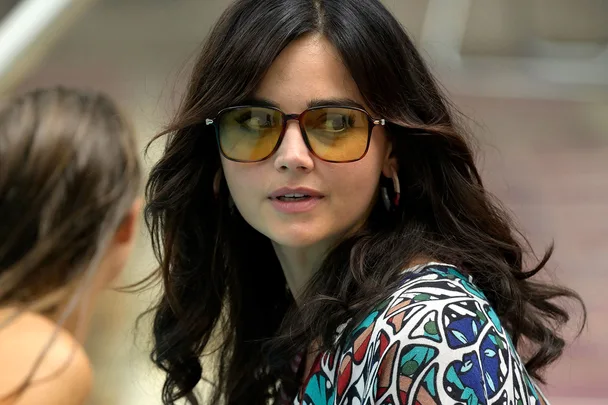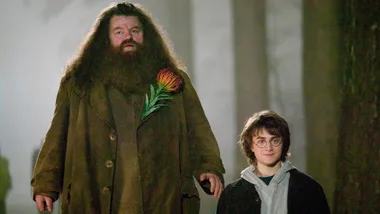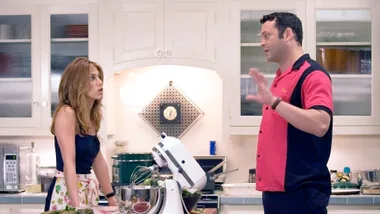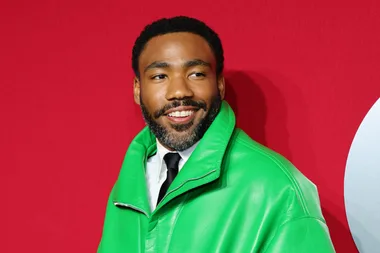Based on the story of Charles Sobhraj, who murdered backpackers travelling through Asia in the 1970s, The Serpent has become one of Netflix’s biggest hits, having broken viewing records in the UK when it premiered at the beginning of the year.
At the center of the series is Marie-Andrée Leclerc, the girlfriend of Sobhraj, played by Jenna Coleman. A part from serving some serious 70s inspiration with her oversized sunglasses and jumpsuits, Leclerc has roused intrigue because of how little is known about her involvement in Sobraj’s killings.
Here, she chats about getting inside the head of the complicated character.
marie claire: Not much is known about Marie-Andrée’s involvement in the killings. How did you prepare for the role?
Jenna Coleman: I was really fascinated by her and trying to understand her psychology. I had never really read anyone quite like her before. I found the key to unlocking her was understanding the extent of her delusion. She knows this man is a monster, yet, in order to survive, and in order to live in the world, she needs to construct this fake reality for herself; she thinks she’s living inside a romantic novel. The reality is this dark, depraved environment. Finding how she could exist in that reality by creating her own was really so much fun to play.
Richard Neville wrote an incredible biography; he spent time with them in prison. I listened to an amazing interview with in prison, and in it, she still lived as Monique Leclerc – the identity Charles constructed for her.
mc: There’s fierce debate about the extent to which she was aware of Charles’ crimes. What do you think?
JC: There was one moment when the real-life Nadine [Sobhraj’s neighbour] was on set and I asked her, “Were Marie-Andrée and Charles really in love?” And she said, “Yes, absolutely.” Charles was not faithful he had lots of affairs. Nadine asked Marie-Andrée: “Are you going to have children?” And instantly, she said, “No, I couldn’t, they’d be a monster.” To me, that’s not someone who’s unaware. She obviously knows the dark streak that runs through him but it’s what she accepts into her stream of consciousness.
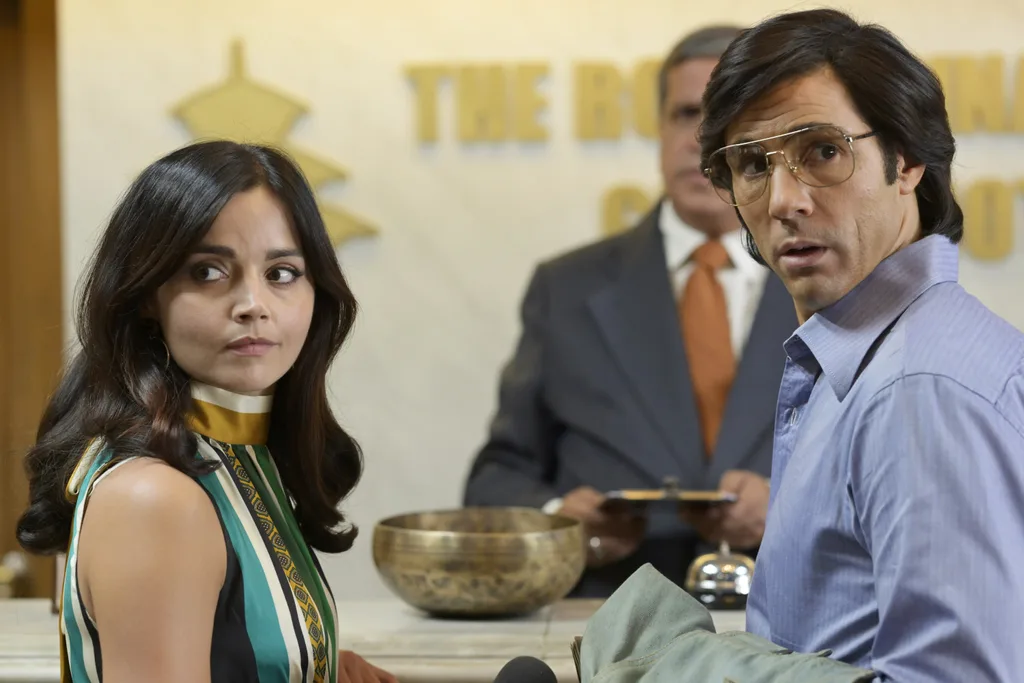
mc: How did you balance that dichotomy?
JC: I think it’s a lot about suppression. The way our scripts were constructed is like the first part is all about her living in that delusion and suppressing but there comes a point where I don’t think your subconscious kind of can’t allow that to carry on, at some point it’s going to get you. So the last four exerts are so much about her unravelling and coming back down to the reality and seeing Charles for what he is. She completely unravels at that point until in the last episode she finds her new reality to exist in, which is religion.
I found that really interesting because that again is how she kind of functions in the world. I think I always found her addiction to Charles and her obsession with Charles almost like a religion. She’s like ‘if you love someone, that’s good and pure.’ So, that’s how she made it okay. Because it’s love, and if it’s love, you have to follow love.
Even now, I still think she was probably a very depressed person as well. Looking at her writing, her self-worth was so, so low and the way that she writes is quite tumultuous, poetic, and her inner life is really, really fascinating. She’s one of those people that were almost drawn to the dark, it was almost an addiction to living in pain. That’s obviously what Charles gave her and there’s something self-sabotagey in that.
mc: She’s evidently an incredibly complex person. We’re starting to see more women like her portrayed on screen who aren’t so easily typecast.
JC: That’s humanity, isn’t it? There is nothing worse than the binary of: “OK, this woman is just a victim,” or “This woman is a strong hero; only ever feels great and never sad.” Obviously we want to see strong women, but we also want to see them make mistakes. Now that we have people like Phoebe Waller-Bridge and shows like Billie Piper’s I Hate Suzie, those [other] scripts – where it’s like a mid-twenties girl-next-door who’s sexy but not a try-hard – are so one-dimensional. It’s not good enough anymore. It’s boring.
The Serpent is streaming on Netflix now.
